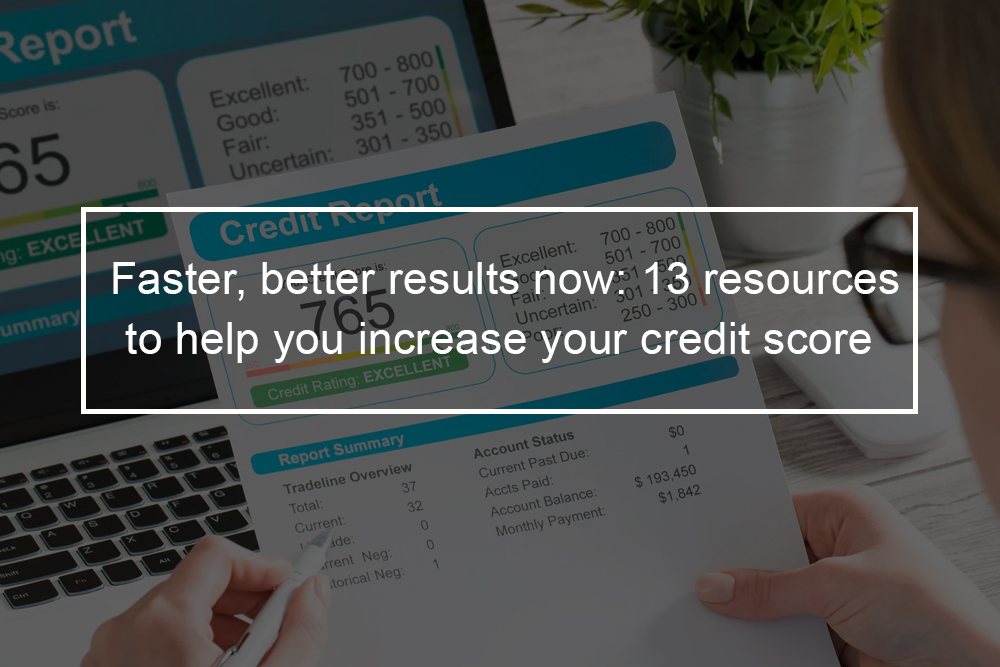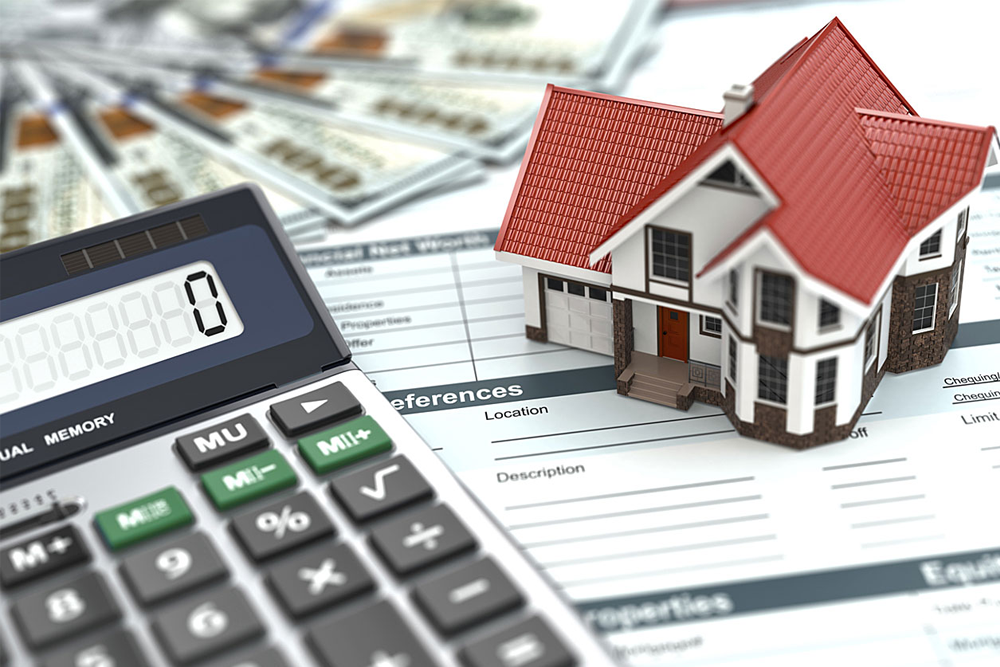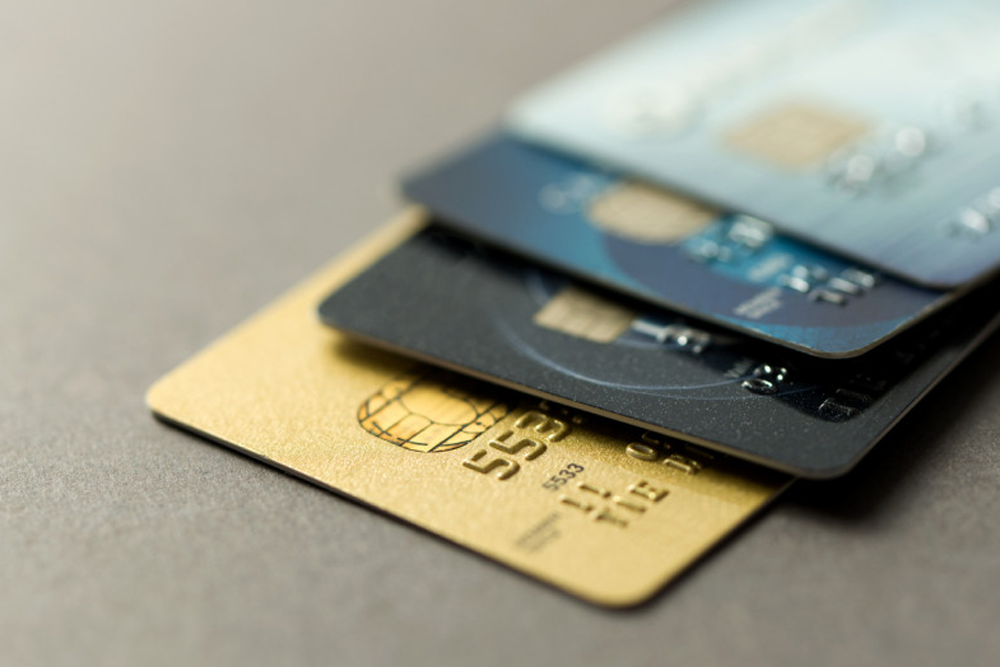
If your credit score is not where you want it to be, you are not alone. Increasing your credit scores takes time; however, the sooner you address the issues that may be dragging them down, the sooner your credit scores will improve. You can increase your credit scores by taking various steps such as paying down debt, building a track record of clearing your bills on time, and taking advantage of tools such as Experian Boost, a new resource that enables you to add utility and mobile phone bills to your credit report.
Resources that you will need to get started on increasing your credit score
Your credit report
The first resource you will need to assist you in getting your credit good health back is a current copy of your credit report. You can request a copy of your free credit report once per year through the only authorized website for this annualcreditreport.com. Whereas your credit report copy will not have the score, it will provide you some insight into what banks and credit agents see before you apply for a credit card or a loan. If you see something wrong or harmful to your report, you will need to file a dispute with the credit reporting agencies or fix it.
Debt calculator
Another roadblock to a high credit score has too much debt. The majority of credit reporting agencies consider the amount of debt you owe in your credit score. As long as your debt to credit ratio is poor, you might experience more denials when applying for credit cards and loans. One tool that can help you harness huge debt is a debt calculator. Calculators can assist you in making a plan to pay down heavy debt and get a better credit score.
A payment reminder service
Today, more customers than ever are making excessive use of convenient online bill pay for most of their monthly debts. Not all banks or companies provide online payment services; however, it can help credit-challenged customers get more control over their finances. Another idea that can work to assist you in paying debt down is to set up an automatic payment reminder service. With email technology and smartphones, most people can easily have quick reminders sent to them.
A credit counselor
Some experts also commend customers to schedule consultations with credit counselors. It is essential to get a reputable credit counselor who will not make unrealistic promises about helping you get rid of thousands of dollars debt. A quality credit counseling company generally does not work for a profit, only to assist struggling consumers. A credit counselor can help customers plan to pay down a considerable amount of debt or make better decisions to get their credit back on track.
A long-term credit card account
It is also crucial to work hard to establish your credit with accounts that have positive histories. People with high credit scores generally have one or more credit card accounts with a long history of on-time payments. Rather than closing old credit accounts, keep them open and get back on good terms if you have made a payment late or missed one. Another ingredient to a higher credit score is solid credit history.
A higher credit limit
The amount of credit you have can also impact how high your credit score can go. If you have various accounts with low credit limits, it might be worth a shot to contact each credit card’s customer service line and appeal for a higher limit. People with some debt can get a small amount of score relief if their credit limit increases suddenly.
Understanding about credit
Generally, consumers with high scores have something in common, extensive knowledge about credit. It is vital to research as much as you can about credit cards, banking, interest rates, and financial services. This way, you can educate yourself on how to fix your credit. Having a better understanding of how credit and scoring operates can help you make better financial decisions and improve your credit score.
A car loan
Credit reporting agencies, loan officers, and banks also like to see customers with installment loans in their credit history. One common kind of installment loan is a car loan, so if you do not have one, think about applying for one the next time you require a new car. It is somewhat easier to get approved for a car loan and other credit accounts, so you might get a good interest rate even though your score is low.
A mortgage
Obtaining a loan is another way you can experience a higher credit score. Of course, it is crucial to ensure you consistently pay your mortgage on time. Being accepted for a home loan can be challenging if you have a short credit history and a low score. However, for most consumers, it makes more financial sense to consider purchasing a home rather than renting for a long time.
Bills
When lenders assess your credit report and request your credit score, they are very interested in how authentic you are in paying your bills. That is because past payment performance is often regarded as a good predictor of future performance.
You can positively impact this credit score factor by paying all your bills on time, as agreed per month. Settling an account or paying late for less than what you originally agreed to pay can negatively affect credit scores.
You will need to pay all bills on time- not just credit card bills or any loans you might have, like car loans or student loans; however, also your phone bills, rent, utilities, and so on. It is also a good idea to utilize tools available to you, such as calendar reminders.
If you have fallen behind any payments, bring them current as soon as you can. Even though late or missed payments appear as negative information on your credit report for seven years, this can result in credit score declines: Older late payments have less impact than more recent ones.
Authorized user status
If you have struggled with poor credit, you might have to take some time to start over to rebuild your financial health. If you have trouble getting approved for any loan, it might be good to team up with a friend or a family member for assistance. Request your family member or a friend to add you to a credit card as an authorized user. If you select someone with a good credit history, some of their consistency can assist impact your credit score.
Unused credit cards
Keeping unused credit cards open, as far as they do not cost you money in annual fees is a good plan, since closing an account might increase your credit utilization ratio. Owing the same amount but having lesser open accounts might lower your credit scores.
Steady income
Lastly, the biggest tip for increasing your credit score over time is with regular, long-term income. If you cannot pay your bills and meet your monthly financial obligations, you will always be behind and lose credit score points. If your current income is not able to keep you afloat, you might have to consider supplementing your income with a second job. This might be a temporary case you will need to take on till your income is high enough.
Your credit is a valuable tool in assisting you in paying less for your biggest purchases, like your car or home. If you have a low score, this can prevent you from reaching your goals and attaining your desired lifestyle. That is why it is vital to use these tools to assist you in improving your credit score and getting where you want to be.
How long does will it take to rebuild a credit score?
Provided you have negative information on your credit report, like late payments, too many inquiries, a public item such as bankruptcy, you should pay your bills and wait. Note that time is your greatest ally in increasing your credit scores. There is not a single fix for bad credit scores.
The amount of time it takes to rebuild your credit history once you have had a negative change is based on the reasons behind it. Most negative changes in credit scores are because of the addition of a negative element to your credit report, like a collection account or delinquency.
Rebuilding your credit and increasing your credit scores takes time. Start increasing your credit by checking your credit report and reviewing the individual elements impacting your credit scores.










